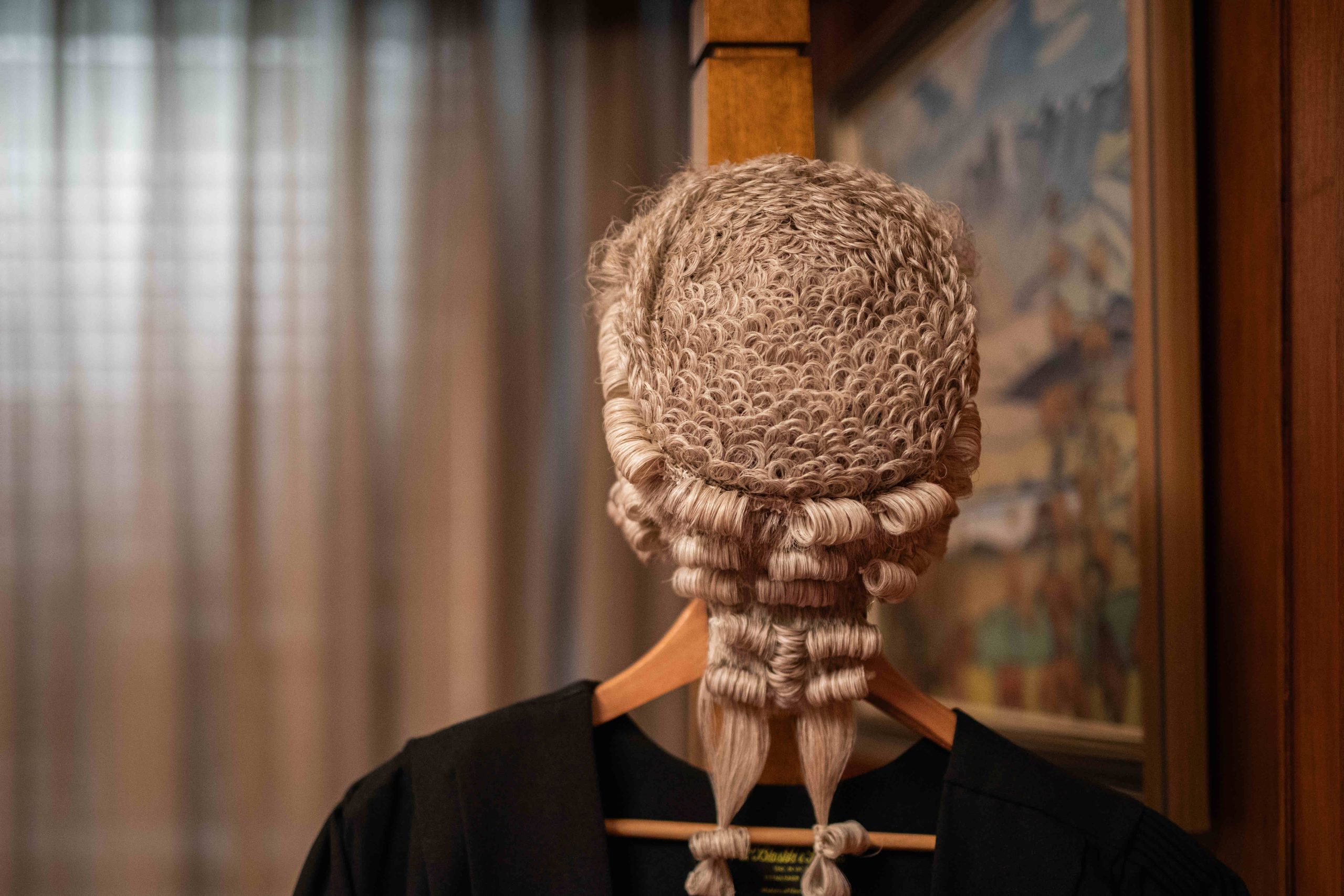The Role of Mental Capacity Assessments in Will-Writing: Why Neuropsychologists Matter
Making a will is one of the most important steps you can take to protect your loved ones and ensure your wishes are respected after you pass away. But what happens if there are concerns about whether someone has the mental capacity to make a will? This is where mental capacity assessments, often carried out...












